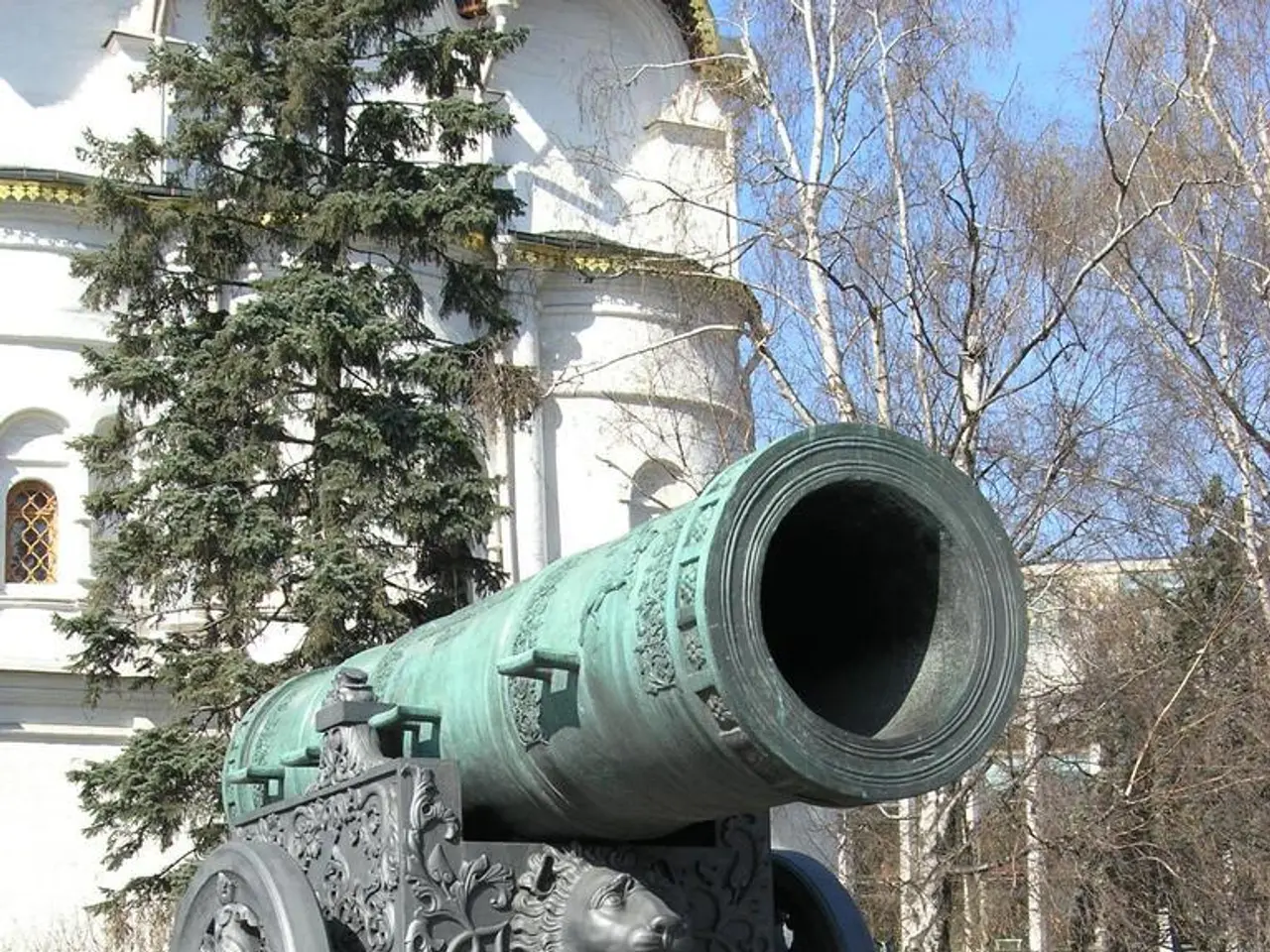Unusual Heat Pledged to Residents in Five Russian Districts
Heatwave Hits Russia and Europe: A Look at the Impact and Causes
A strong and persistent upper-level high-pressure ridge, known as a Heat Dome, is causing an unprecedented heatwave across Russia and much of Europe in August 2025. This weather phenomenon is leading to rapid warming, stable hot weather, and record-breaking temperatures.
Causes of the Heatwave
The Heat Dome creates a powerful ridge in the atmosphere that traps warm air underneath, preventing cloud formation and rain, thus allowing temperatures to rise sharply. This ridge is expanding eastward, pushing intense heat further into central and eastern Europe, including parts of Russia.
The ongoing drought conditions and low soil moisture, especially around the Black Sea region, exacerbate heat intensity by reducing evaporative cooling. Climate change is also amplifying the frequency and severity of such heatwaves, leading to higher-than-normal temperatures across the continent.
Impacts of the Heatwave
The heatwave will bring extreme temperatures, reaching low 40s °C (around 104-108 °F) in parts of Europe, with similarly severe heat expected in western Russia. This situation poses serious risks for health, ecosystems, water resources, agriculture, and energy infrastructure.
Increased risk of wildfires, particularly in already dry and drought-stricken regions, is a significant concern. The heatwave also presents a significant stress on public health, especially affecting vulnerable populations due to prolonged exposure to extreme heat. Strain on energy systems is expected as demand for cooling rises, risking power outages.
Disruption to agriculture from heat stress and drought conditions, challenging conditions for water resources in drought-affected regions, and extreme weather events such as heat-triggered storms are also potential impacts.
Regional Forecasts
In the Northwestern Federal District, temperatures are expected to range from 29 to 32 degrees Celsius. In the Chechen Republic, temperatures are 7-8 degrees above normal, with a maximum of 36 degrees. In the Central Federal District, temperatures up to +31°C are forecast.
In the Khabarovsk Krai, temperatures could reach +32°C. In Yakutia, temperatures could reach +31°C. However, temperatures are expected to drop slightly towards the end of the week in Moscow, with some light rain expected.
Storm warnings have been issued for the Central Federal District. In Chukotka, from July 31 to August 2, temperatures will be 6-7°C above normal, with a maximum of +26...+27°C. In the Far East region of the country, high temperatures are expected.
Moscow Oblast will not experience such high temperatures. In Kabardino-Balkaria and Karachay-Cherkessia, temperatures could reach 38 degrees. In Sochi and other coastal cities in the Krasnodar Krai, temperatures could reach 38 degrees, a rare occurrence due to the sea acting as a moderating factor. However, currently, there's a strong advection of warm air masses from the regions of the Middle East.
42°C temperatures are expected in Kalmykia.
This heatwave is a stark reminder of the impact of climate change on our weather patterns and the importance of taking measures to mitigate its effects. Stay safe and take care during this unprecedented heatwave.
[1] Climate Central [2] European Centre for Medium-Range Weather Forecasts [3] National Oceanic and Atmospheric Administration [4] World Meteorological Organization [5] European Environment Agency
The society must pay close attention to the long-term weather forecasts provided by leading organizations such as Climate Central, European Centre for Medium-Range Weather Forecasts, National Oceanic and Atmospheric Administration, World Meteorological Organization, and European Environment Agency, as they work to predict the longer duration and more frequent heatwaves, like the one currently hitting Russia and Europe, due to climate change. The upcoming weather-forecasting reports from these entities could greatly aid the society in preparing for the potential impacts on health, ecosystems, agriculture, and infrastructure.








